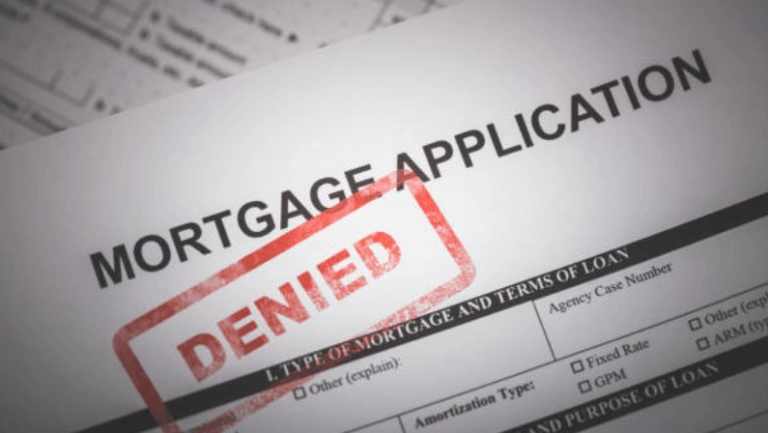Starting from Tuesday September 5, 2023, the Local Law 18 in NYC now requires that all short-term rental hosts in New York to register with the city, and only those who live in the place they’re renting—and are present when someone is staying—can qualify. And people can only have two guests. The new rules are so tight that Airbnb sees it as a “de facto ban” on its business.
“Diversifying your real estate portfolio across different property types and locations can help spread risk and improve overall stability.”
This post is not about New York City or Airbnb’s. Instead, it emphasizes the significance of looking beyond mere cash flow when making real estate investments. Adopting a comprehensive perspective and evaluating a diverse set of fundamentals and variables is crucial for gauging the potential success of your investment.
Here are some additional factors to keep in mind:
Migration Trends:
Understanding population growth and migration trends in the area can give you insights into the demand for housing. Areas experiencing population growth may have a higher demand for rental properties.
Job Growth:
A healthy job market can attract renters and drive demand for housing. Research the local job market and employment opportunities in the area where you’re considering an investment.
Local Legislation:
Local laws and regulations can have a significant impact on real estate investments. This includes zoning laws, rent control ordinances, property tax rates, and other regulations that can affect your property’s profitability.
Market Timing:
This is not the same thing as timing the market. Paying attention to market trends and timing can be crucial. Real estate markets can be cyclical, and it’s important to understand whether you’re entering a buyer’s market or a seller’s market.
Property Condition and Maintenance:
The condition of the property and the cost of maintenance and repairs should be considered. Neglecting maintenance can eat into your potential profits.
Financing and Interest Rates:
The cost of financing your investment, including interest rates on loans, can significantly impact your returns. It’s important to secure favorable financing terms.
Property Management:
If you’re not planning to manage the property yourself, you’ll need to factor in the cost of property management services. This can impact your overall return on investment.
Market Research:
Conduct thorough market research to understand the rental rates, vacancy rates, and competition in the area. This will help you determine the potential rental income and occupancy rates for your property.
Long-Term vs. Short-Term Goals:
Consider your investment goals. Are you looking for long-term appreciation, cash flow, or a mix of both? Your strategy should align with your objectives.
Diversification:
Diversifying your real estate portfolio across different property types and locations can help spread risk and improve overall stability.
In summary:
While cash flow is a useful metric for evaluating the potential return on a real estate investment, it should be considered alongside a comprehensive analysis of various factors to make informed investment decisions. Real estate is a dynamic market, and staying informed and adaptable is key to successful investing.



